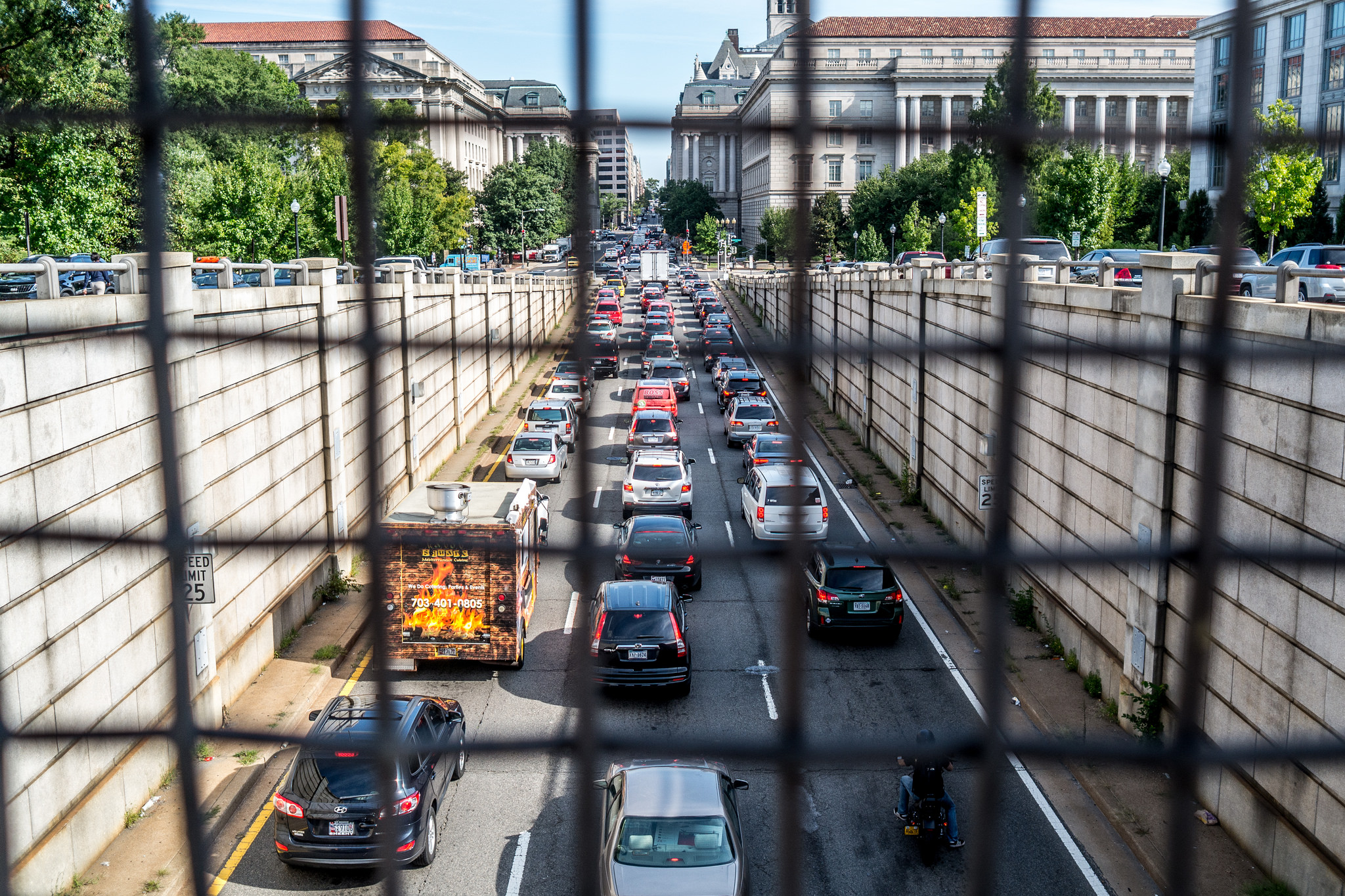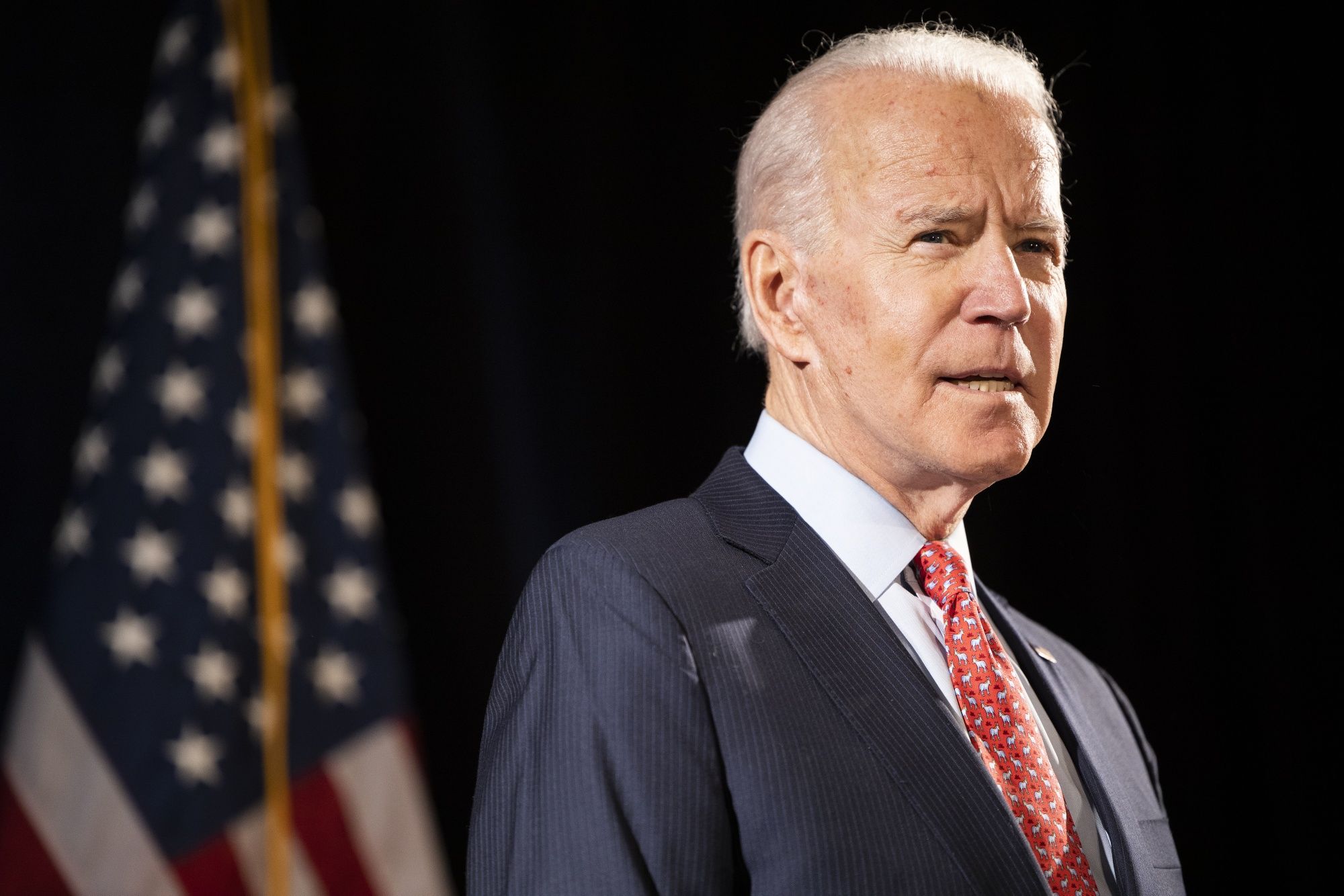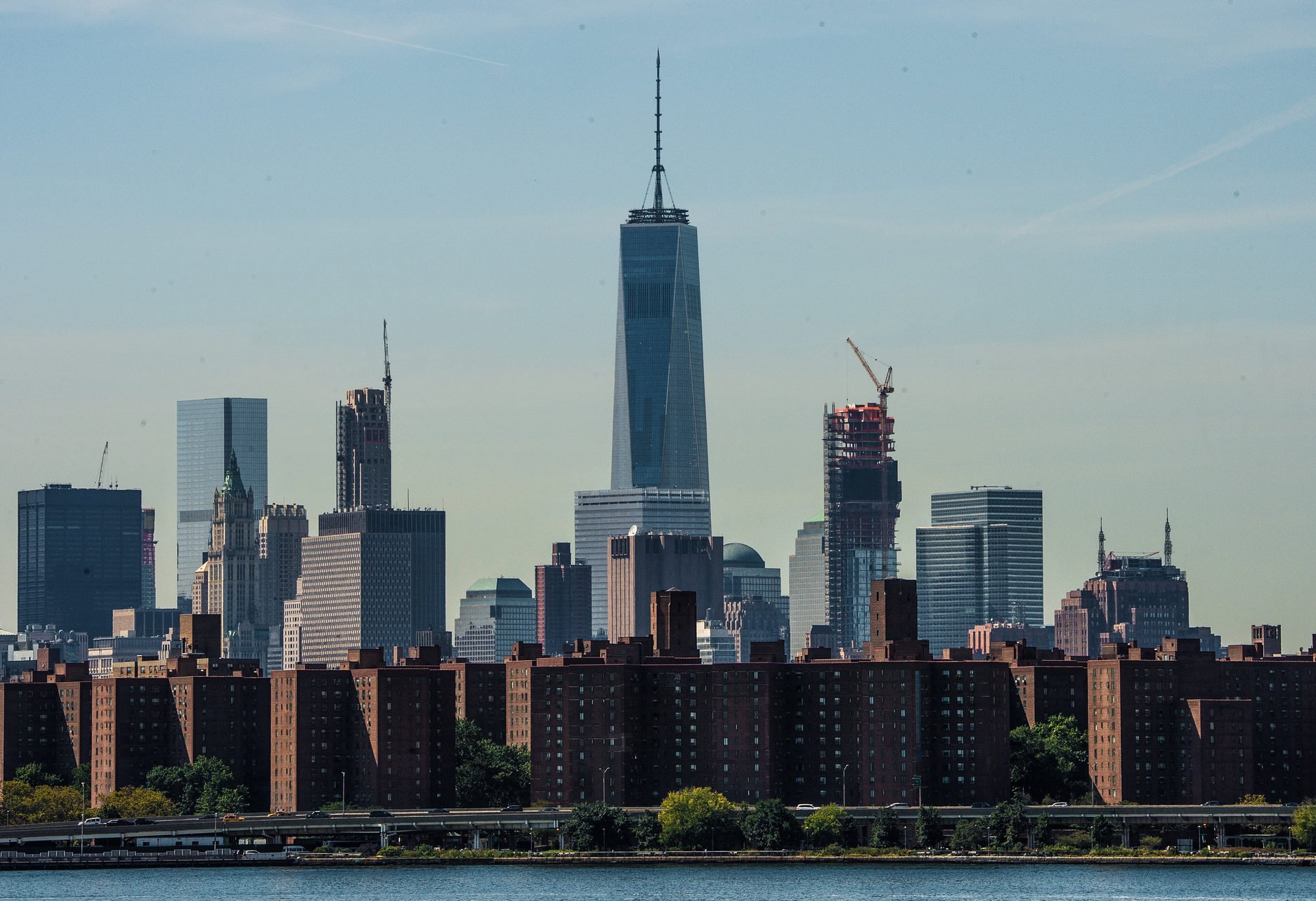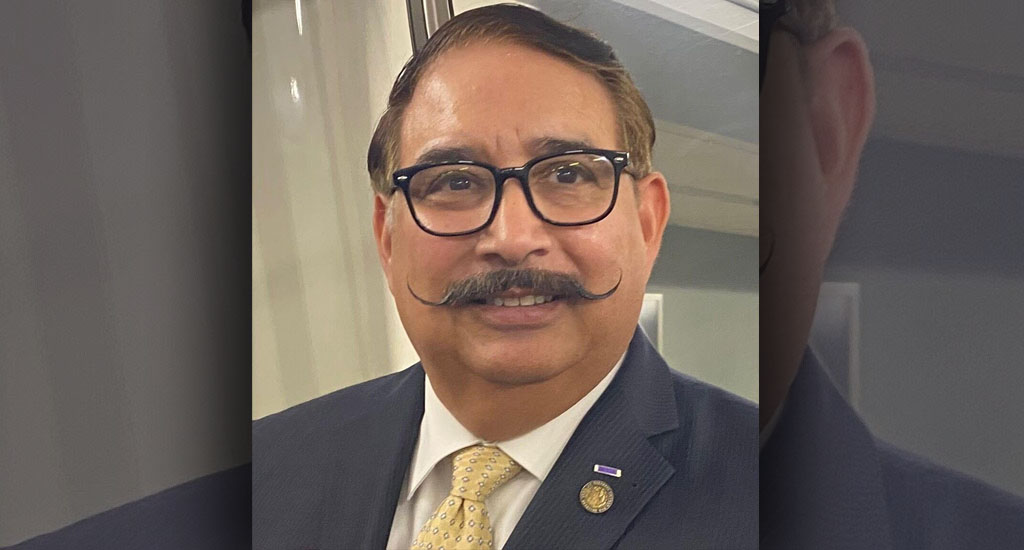The push to install speed cameras throughout the Commonwealth now needs just a signature from the governor to come to fruition. Following a 20 percent increase in highway work zone deaths in 2017 and over 2,600 crashes in those areas, lawmakers in Richmond have worked to cut the number of crashes and encourage drivers to slow down in highway work zones.
Neighboring Washington, D.C. and Maryland have had the program for years, with local governments raking in millions of dollars from tickets. Nevertheless, legislators want the measure to help keep roadway workers safe.
S.B. 1512, introduced by Senator Charles Carrico (R-Grayson), a former Virginia State Trooper, would allow the Virginia State Police (VSP) to operate handheld speed monitoring devices that take photos of drivers and vehicles.
The bill, however, is very limited in its reach.
According to the legislation, the speed monitoring devices may only be used in or around a highway work zone.
The devices may only be used for the purpose of recording images of vehicles that are traveling at speeds of at least 12 miles per hour above the posted highway work zone speed limit.
Speed monitoring devices can only be used when workers are present in the highway work zone.
A state trooper must have their blue flashing lights flipped on where the cruiser is parked using the speed monitoring device.
Speed camera warning signs must be posted within 1,000 feet of the work zone to inform drivers of the use of such devices.
If one is caught driving at 12 miles per hour above the posted work zone speed limit, the operator of a vehicle shall be liable for a monetary civil penalty, which will not exceed $125.
Just like speed monitoring programs in Washington, D.C. and Maryland, drivers will get a ticket in the mail.
According to the bill’s fiscal impact statement, when the total amount of penalties collected exceeds 10 percent of VSP’s budget, any excess amount shall be paid into Virginia’s Literary Fund. For fiscal year 2018, VSP had an authorized operating budget of $340 million, meaning ticket penalties collected above $34 million will be dedicated to funding low-interest loans for school construction, grants under the interest rate subsidy program, debt service for technology funding, and support for the Commonwealth’s share of teacher retirement.
For a nearby comparison of the revenue created from speed cameras, AAA Mid-Atlantic said D.C.’s approximately 300 speed cameras generated more than $99 million in fines in 2017.
Furthermore, for those with privacy concerns, the legislation states that all information collected by a handheld photo speed monitoring device shall be “limited exclusively to that information that is necessary for the enforcement of highway work zone speeding violations.”
All “photographs, microphotographs, electronic images, or other personal information” collected by the device will not be “(i) open to the public; (ii) sold or used for sales, solicitation, or marketing purposes; (iii) disclosed to any other entity except as may be necessary for the enforcement of highway work zone speed limits or to a vehicle owner or operator as part of a challenge to the violation; or (iv) used in a court in a pending action or proceeding unless the action or proceeding relates to a violation of this section or § 46.2-878.1, or such information is requested upon order from a court of competent jurisdiction.”
Information will also be “purged and not retained” 60 days after collection in regards to civil infractions committed.






